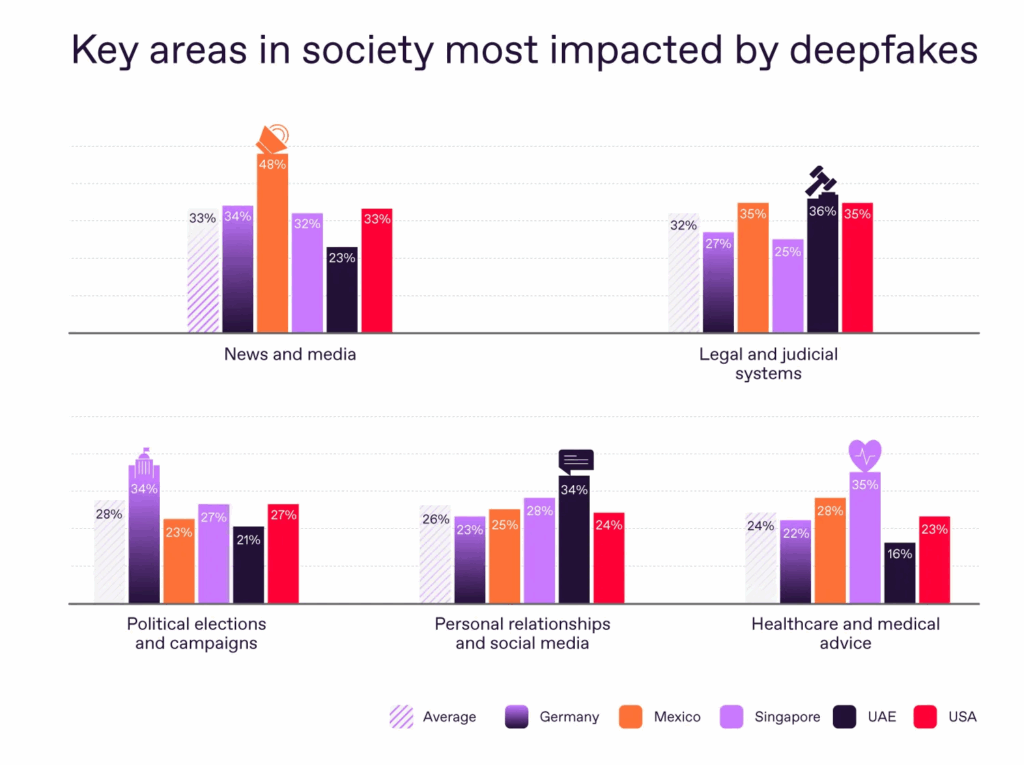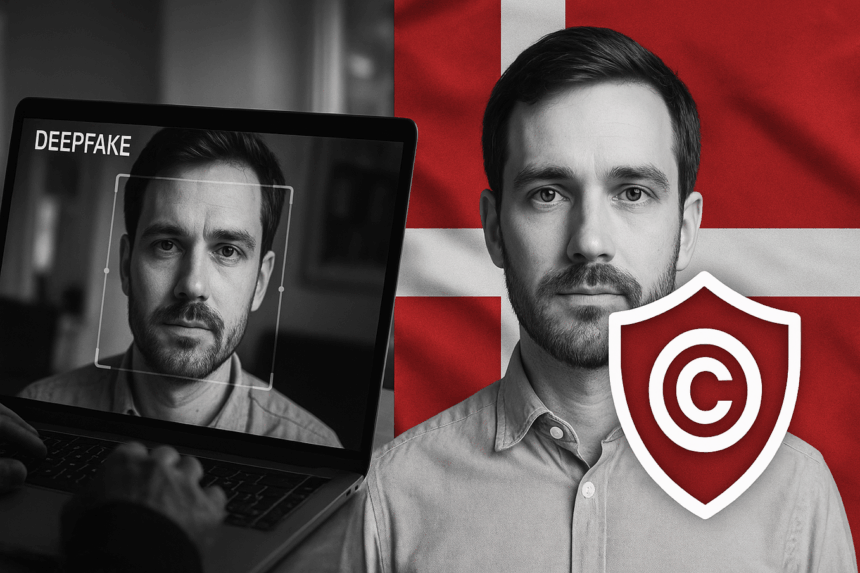Denmark is taking a novel action against deepfakes by proposing a new copyright law that grants citizens rights over their own body, facial features, and voice. The law targets curbing misuse of AI-generated digital imitations without consent. The government plans to submit this law amendment for consultation soon and expects it to be approved by autumn.
What’s Happening & Why This Matters
Deepfake technology has become increasingly sophisticated, allowing digital creations to mimic real people’s appearances and voices with alarming accuracy. These fake images, videos, or audio clips can cause personal harm and spread misinformation. Denmark’s proposed law defines deepfakes as highly realistic digital copies of a person, including their facial features and voice.
The Danish culture minister, Jakob Engel-Schmidt, stresses the importance of protecting individual identity. He states, “Everybody has the right to their own body, their own voice, and their own facial features.” This law will give Danish citizens the power to demand removal of unauthorized deepfake content from online platforms. It also covers digitally generated imitations of artists’ performances without consent.

This legislation marks one of the first efforts in Europe to provide legal protection specifically for deepfake victims. The law won’t restrict parodies or satire, which remain protected forms of expression. However, if platforms ignore takedown requests, the government plans to impose severe fines and possibly involve the European Commission. Minister Engel-Schmidt hopes Denmark’s initiative will inspire other European nations, especially during Denmark’s upcoming EU presidency.
By asserting legal rights over one’s digital likeness, Denmark addresses rising concerns about AI misuse in identity theft, misinformation, and reputation damage. This policy could serve as a blueprint for future laws worldwide, balancing technological innovation with personal privacy.
TF Summary: What’s Next
Denmark’s deepfake law proposal opens the door for stronger personal identity protection online. The country expects to finalize and enforce this legislation by Autumn 2025. With growing AI-generated content risks, other nations may follow Denmark’s lead to regulate deepfakes and safeguard citizens. The law may usher in a new era in digital rights and platform accountability — urging innovators to take identity protection seriously.


